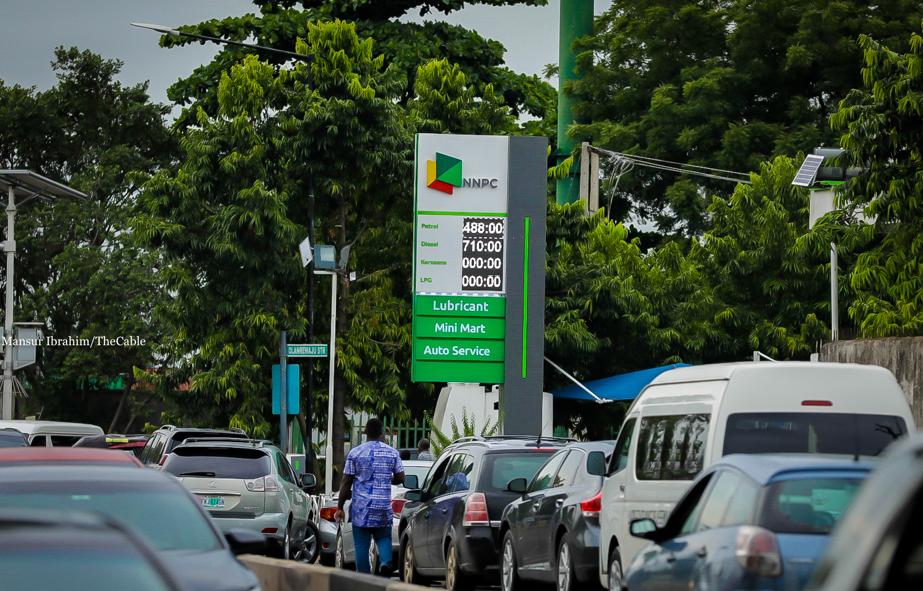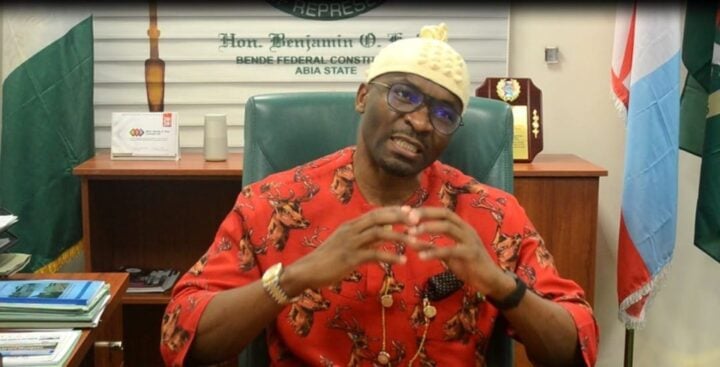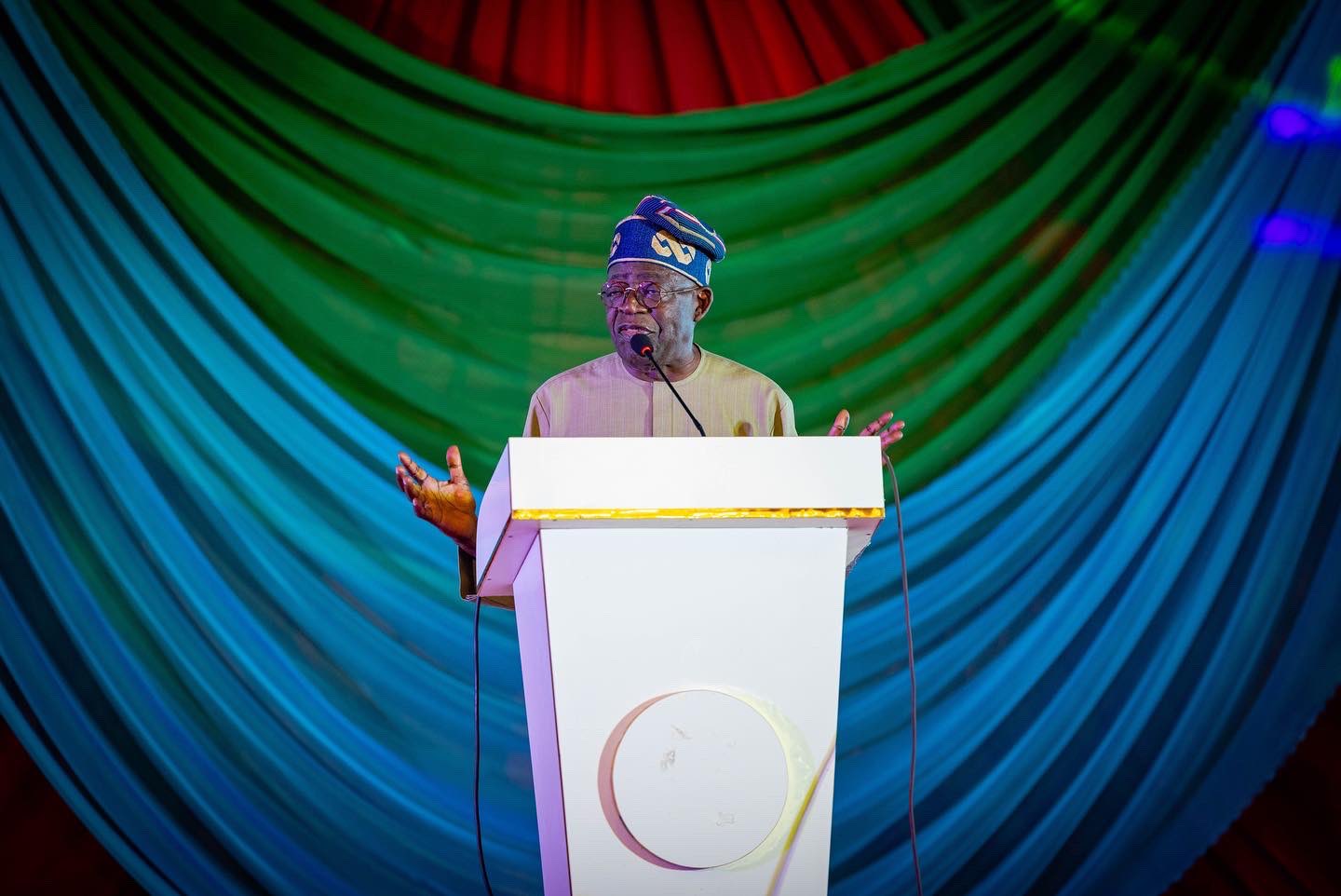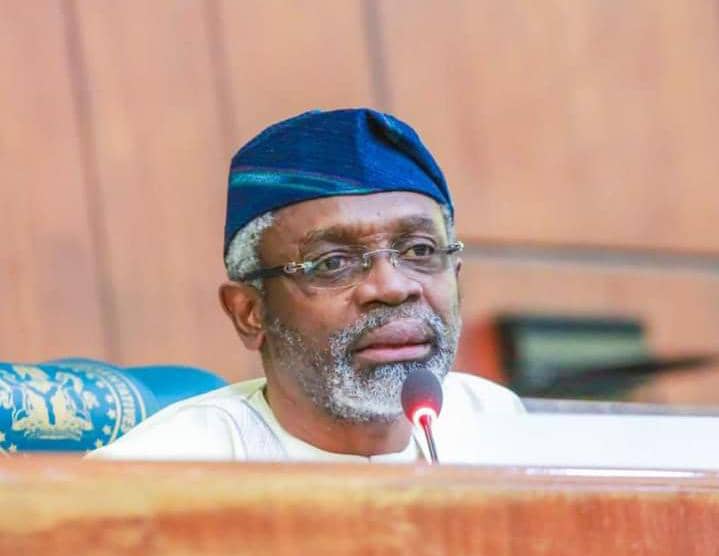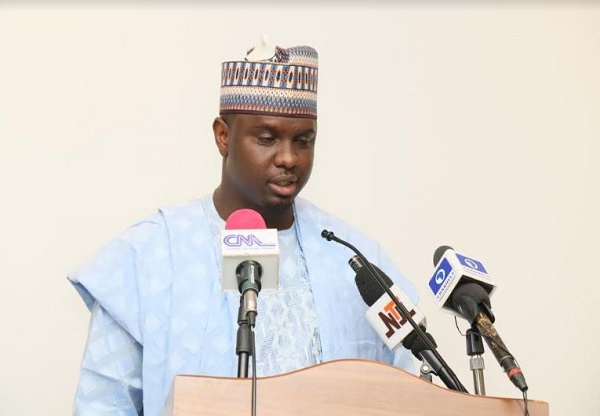BY MUSAH ILALLAH
By the time President Bola Ahmed Tinubu reiterated, in his Inauguration Speech on Monday, May 29, 2023, that the end has come to Nigeria’s longstanding subsidy regime, it had become clear that it truly was time to close that chapter for good.
To its credit, the Administration of former President Muhammadu Buhari had already set in motion the steps for a post-subsidy regime in Nigeria, with the historic Presidential Assent to the long-overdue Petroleum Industry Act (PIA), the ongoing total overhaul of Port Harcourt and Warri Refineries, and the significant government support provided to push the 650,000bpd Dangote Refinery project to fruition.
In my view, this is ‘progressive continuity’ at work. And this is also the time to send a strong reminder to Nigerians, that this is exactly what they voted for – the end of petrol subsidies, and the replacement with a new system that has no room for rent-seekers and economic saboteurs; a system that allows the trillions of naira that used to go into petrol subsidies to instead be channeled into more productive areas of the economy.
Advertisement
Yes, Nigerians indeed voted for the removal of fuel subsidy. All the leading Presidential candidates in the last Presidential election agreed on the fact that the subsidy has to go, and urgently too. There was unanimity on this particular point. And now, the winner of that election, who is our President today, has taken the bold step.
I expect the opposition contenders, Alhaji Atiku Abubakar and Mr. Peter Obi, to immediately commend President Tinubu for taking a step they all promised to take. I expect them to set politics aside at this pivotal moment in the history of our dear country, and rally their supporters behind this very bold move.
Now that the fuel subsidy is gone, the funds can go into uses that are far more beneficial to the good people of Nigeria. Anyone who lives in or near a border town in Nigeria today can testify to the extent to which unscrupulous persons were taking advantage of the price arbitrage between Nigerian petrol and that of neighbouring countries.
Advertisement
In Cameroon, Niger, and Benin Republic, subsidized Nigerian petrol is smuggled across the border and sold at a significant profit on the black market, and even at that, the price is still cheaper than the official price in those countries.
Essentially, Nigeria has been subsidizing local and foreign black marketers and the citizens of neighbouring countries, while also catering to the consumption excesses of the wealthy and their large fleets of cars.
President Buhari signing the PIA in August 2021 was the first bold and major step to bring this subsidy regime to an end. Recall that the PIA—or PIB as it was known, pre-assent—appeared jinxed, until President Buhari broke the jinx. With his presidential assent, the stage was immediately set for the full deregulation of petroleum product pricing in Nigeria.
The next step was to prepare the populace for the implementation of the deregulation, which was what culminated in the 2023 budget in which only a half-year’s budget was provided for. President Tinubu reiterated this fact in his May 29, 2023 Inauguration Address; that the 2023 Federal Budget has “no provision” for subsidy, beyond June.
Advertisement
I believe that the Nigerian media have a lot of sensitization work on their hands, to help Nigerians contextualize this journey that started two years ago with the passage and presidential assent to the PIA.
Now is the time for all Nigerians to rally behind President Bola Ahmed Tinubu and his Administration, to ensure the success of this decision. Indeed, nobody said the removal of petrol subsidies would be easy. Challenging times lie ahead, but there is also a lot of positive potential ahead, as well.
Nigeria is freeing up billions of dollars that can go into advancing the fantastic foundational work of infrastructure and social investment that former President Buhari has laid. We will stop subsidizing rent-seekers and economic saboteurs. Fuel shortages will become a thing of the past, in a deregulated regime.
And, very importantly, the Dangote Refinery, and all our new Modular Refineries—another important Buhari legacy—will now be able to optimally operate in a deregulated environment. They will all now have the chance to produce petrol, a decision the newly-completed Modular Refineries have been delaying until the emergence of full deregulation.
Advertisement
This is an epochal moment for our downstream petroleum industry, and for the entire country as a whole. I would be the first to agree that it might not feel that way now, especially for the tens of millions of Nigerians who now have to pay much higher prices for petrol, and cope with significant increases in the cost of living.
I expect that in the days and weeks ahead, the Tinubu Administration will roll out robust relief and intervention schemes, to cushion the effect of the subsidy removal. I urge them to do this boldly and speedily.
Advertisement
I also want to appeal to the Labour Unions to see the full context and significance of this moment, and to place themselves on the side of long-term positive change, instead of short-term resistance that would ultimately be counter-productive to the developmental fortunes of our country.
For the fuel marketers, it is critical to emphasize that deregulation should not become an excuse for exploitation. Under no circumstances should Nigerians be subjected to price manipulation. I commend the NNPC Limited for the prompt publication of their own retail prices, to serve as a useful guide to Nigerians, and help keep private marketers in check.
Advertisement
It is my belief that, as time goes on, we will see additional entrants into the fuel distribution market, and by extension more competition and innovation, that will benefit the consumers.
In closing, let us all remember, again, that Nigerians voted overwhelmingly for the removal of the subsidy. All three leading Presidential candidates, who got a combined 91 percent of all the votes cast in the February 25, 2023 election, emphatically promised to remove the subsidy.
Advertisement
Now that the petrol subsidy is gone, let us rally behind the decision, and join hands to ensure that its numerous long-term benefits are allowed to manifest.
Knowing that those benefiting illegally from the subsidy will definitely push back, and seek to sabotage and undermine it, we must unite as a country, to resist them, and let us agree to enthusiastically sacrifice today’s comfort for tomorrow’s prosperity.
Ilallah writes from Abuja
Add a comment
